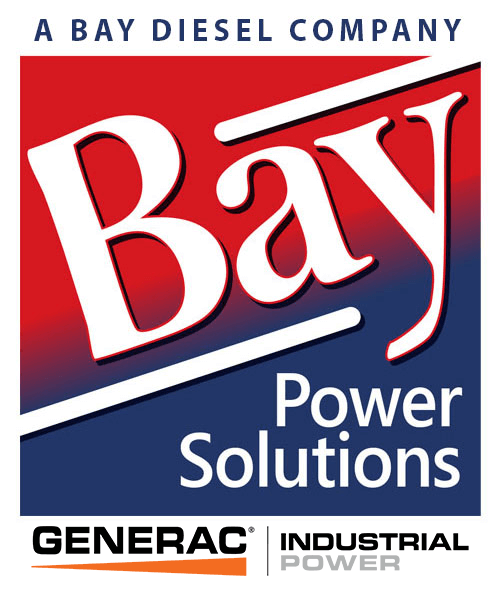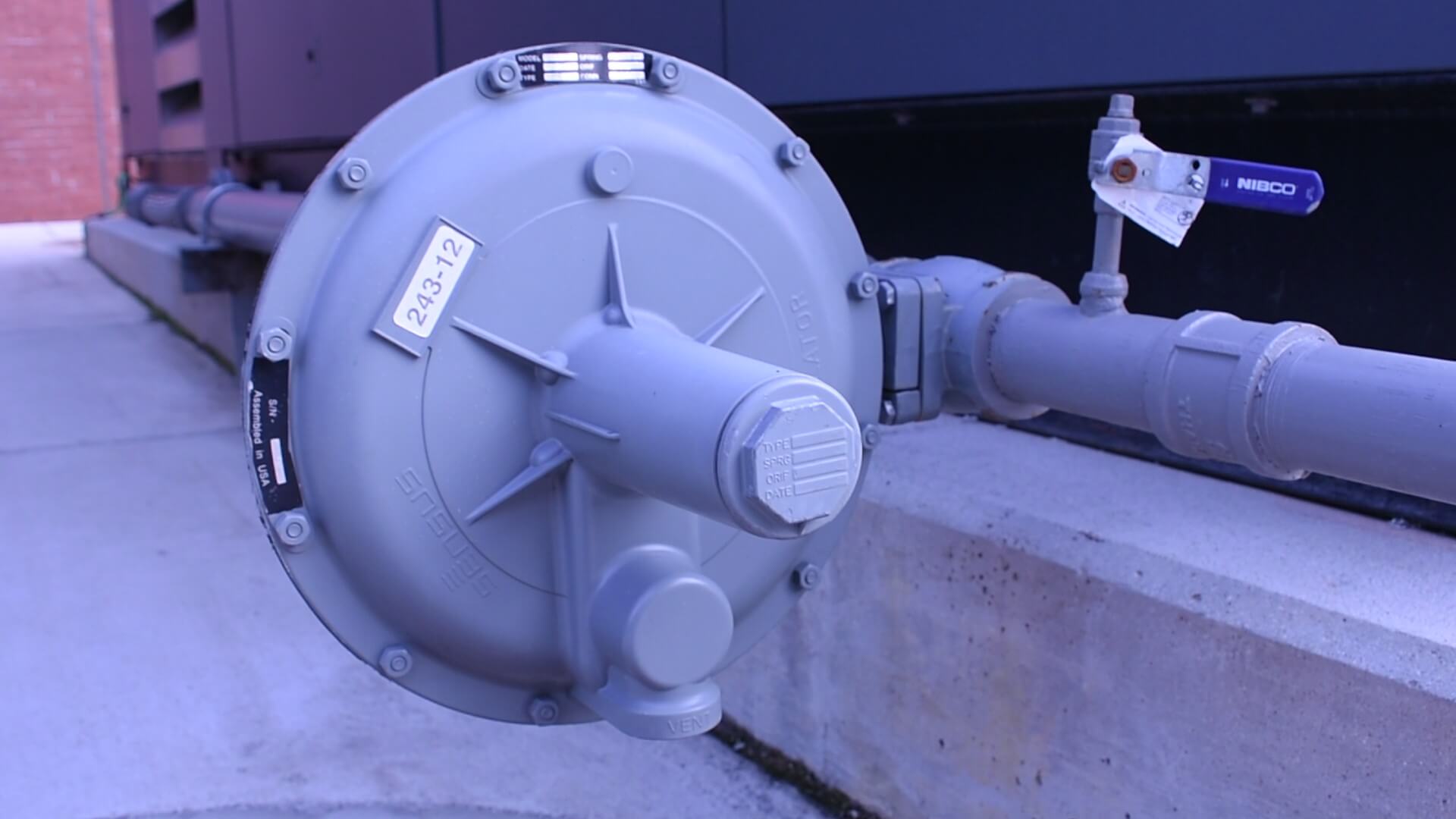Conventional wisdom has set a precedent in deciding between diesel and natural gas for generator fuel types. Because of cost advantages with large-kW application, power density, and reputation of reliability, tradition has favored diesel as the preferred choice for industrial and commercial use-cases. The reputation runs so deep that, even amongst projects that are not required by code to specify diesel, liquid diesel fuel still remains the preferred choice.
However, as technology develops, natural gas gensets are increasingly becoming more cost effective and powerful. Additionally, natural gas gensets are a good solution for many challenges that can be difficult for diesel. Factors such as fuel delivery, storing fuel, environmental concerns, and more all play in the decision-making process for picking a fuel type. Unless code-specified, before defaulting to diesel, it is important to consider the advantages of natural gas.
Continuous Supply of Fuel
With the infrastructure of natural gas piping, a dependable and consistent source of fueling is provided during an outage. Otherwise, an end user is dependent upon fuel deliveries by truck to keep them running, which can be inhibited by severe weather in an emergency – often the emergency that caused of the loss of power in the first place.
As example: in 2012, Hurricane Sandy swept the Northeastern US, causing major disruptions to fuel distribution. However, while diesel fuel transportation by truck was significantly hindered, post-research* made no mention of natural gas interruptions. This is due to the underground nature of pipelines; with their placement, they are less vulnerable in storms as compared to above-ground builds.
Longer Run Times
Furthermore, longer run-times are achievable through a continual, uninterrupted supply of fuel. Runtimes for diesel gensets – while taking account for generator size, the size of the fuel tank, electrical load, etc. – generally range 48-96 hours before needing to refuel. Bi-fuel options have the potential to operate up to twice as long, but unless a natural gas pipeline is compromised – perhaps through seismic activity or construction – natural gas can run indefinitely with proper maintenance.*
Smaller Footprint
Likewise, in this pipeline model, there is no need to accommodate an on-site tank, which reduces generator footprint. For end-users working with a location with tight space, natural gas is a good option, as an additional container holding hundreds to thousands of gallons of liquid is no longer needed.
Furthermore, without a tank, fuel degradation no longer remains a concern, whereas the shelf life of liquid diesel is 12 months maximum without treatment. With liquid fuel, elements such as temperature change can introduce condensation in the tank, leading to microbiological growth and contamination. While there are preventative measures such as fuel polishing and replacement, those particular maintenance steps are not needed with natural gas.
Safer for the Environment
Relatedly, with natural gas fueled gensets, particular on-site environmental concerns can be laid to rest. With diesel, there lies the potential for spills from collision or rust with the tank. While uncommon, such instances are damaging to the natural world, a fire hazard, and require specialized cleanup. Build-in precautions have been taken to mitigate spill risks, such as double-wall barriers within the tank walls, but over time, corrosion can still occur, creating a need for a tank replacement and another expense to replace.
In Conclusion
Over all, while there are mission-critical applications that require on-site fuel storage, for use cases such as educational facilities or office buildings – natural gas should be considered for an alternative option to diesel.
*Research was conducted by the Federal Energy Regulatory Commission [FERC) and the North American Electric Reliability Corporation (NERC).
*Note: After 250 hours of continual run time, it is recommended that a check-up be performed on a standby generator to change oil and filters.
Need to Know More?
Contact Us TODAY!
Talk to an Expert on our Sales Team!
Hampton Roads
Bryan Schoos
Bryan.Schoos@BayPowerSolutions.com
Office: 757-485-0075
Richmond and Beyond
Lee Newton
Lee.Newton@BayPowerSolutions.com
Office: 804-230-3495
Blue Ridge and West VA
Jody Pauley
Jody.Pauley@BayPowerSolutions.com
Office: 304-988-1316

